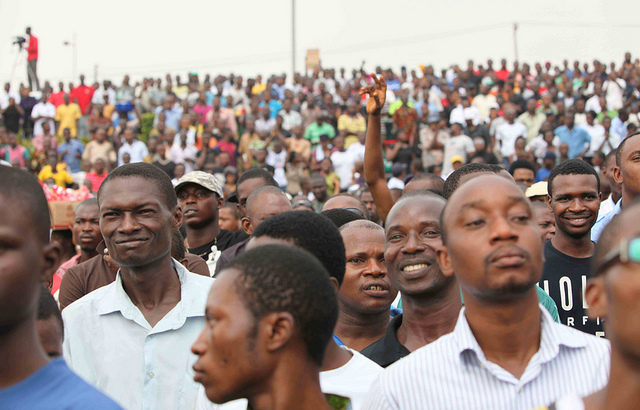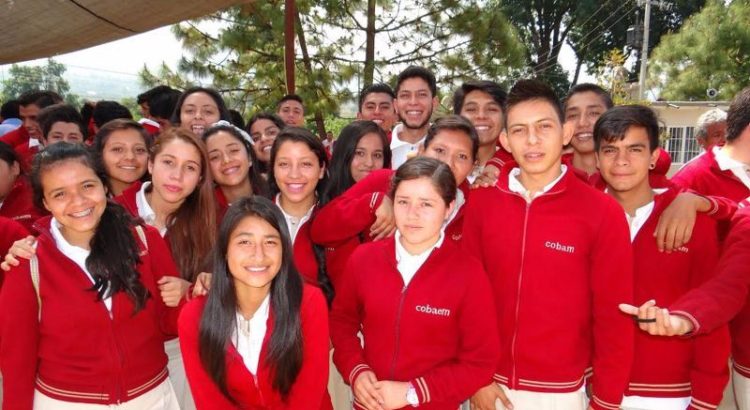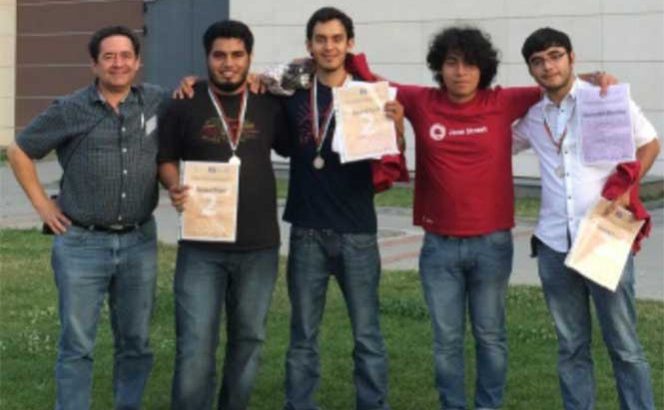Africa/Etiopio/07 Mayo 2017/Fuente: /Auyor:Leulseged Worku
Resumen: La nueva política de educación planteada para transformar la nación. Estableciendo el lugar que merece la educación para la vida económica y social general del país, se presentan los resultados hasta el momento.
Twenty years ago Ethiopia was a country at the verge of disintegration and absolute poverty.
For that reason, as a remedial action the then Transnational Government was aiming at bringing much-needed peace, ensuring stability, cultivating democracy and fighting out abject poverty.
Mindful of the role of education in transforming the overall economic, political and social life of the country, it was before amending the constitution the government drafted the education policy. Previously, the educational policy was not given due attention for no apparent reasons. But the new education policy was planned to transform the nation. Seeing the role of education for the overall economic and social life of the country, the then Transnational Government brought into play the new approach.
When the policy came into existence, it placed focal attention on primary schools as compared to higher learning institutions. At that time, Ethiopian education was centuries old. But, surprisingly the primary school education coverage was confined to 19 per cent. It was after the establishment of primary schools on strong foundations more secondary and higher learning institutions came to the scene.
Lately, the 7th high educational Institutes Intentional Conference was held at Jigjiga town. On the event, several researchers and scholars had presented papers concerning the quality of education in Ethiopian higher learning institutions.
Having appreciated higher educational institutions’ roles to the ongoing socio-economic growth of the country, the conference has spotlighted quality gaps in education. During the two-day long conference, Jigjiga University President Dr. Abdulaziz Ibrahim said that «Our country is on the path of continuous economic growth. But, in the efforts to sustain the growth, quality education plays irreplaceable role.»
Capitalizing the importance of education for the overall growth of the country, the government is working ceaselessly to further increase the accessibility of education to all citizens by establishing additional universities.
«Jigjiga University is one of the higher educational institutions established ten years ago with a mission to address basic needs of the community. So far, the University has contributed a great share for the development of the country churning out thousands of competent graduates.»
Dr. Abdulaziz noted that the university has been playing a pivotal role in the socio economic development of the community through various research activities that have a tangible impact on the community.
According to him, if properly used the researches have a significant role in sharing ideas among scholars and researchers to further speed up the economic development of the country and to fill gaps identified in the educational sector. It has a key role in improving the quality of education which is a challenge for any form of economic growth, he added.
Adviser of the Ministry of Education, Yibeltal Ayalew on the occasion said that education is key for sustainable development. According to him, higher educational institutions are responsible to producing skilled manpower based on the economic need of the country.
Higher institutions have three core responsibilities namely seeing to the teaching-learning process, rendering community service and conducting researches. Currently, in Ethiopia, higher educational institutions are working to address the social and economic needs of the country.
Indeed, higher education has contributed a great role in transforming country’s socio-economic and political life. However, it does not mean that the road was smooth. Traditionally, higher learning institutions were working targeting training and research. The two must not be the sole targets of higher learning institutions.
Every research has to play a role in the socio-economic life of a particular society. If a research could not serve the country or community it would be quite meaningless. If the research fails to support poor Ethiopian farmers, it would be a wastage of resource and time.
The role of high learning institutions must be churning out manpower that will breathe life in the agricultural and industrial sector. What is more, they should be centres of excellence that will produce skilled man power. They as well must serve places where multiculturalism and democratization are promoted.
The motive behind increasing the number of universities is not not for the sake of political consumption or to compete with other countries but to address the basic needs of the nation. What is more, the country is not building Universities to increase the number of graduates that speak English language but to produce a critically thinking and responsible citizens.
It is already known that, the country had been wallowing under decades of civil war and undemocratic governance. This has adversely impacted the quality of education which in turn resulted in economic and social turmoil in the nation. However, on the wake of the new education policy, tangible results are taking shape throughout the country. This does not mean that the educational quality of the country is absolutely perfect. It could have its own shortfalls. But, it is contributing a huge role for the birth of new Ethiopia.
The current socio-economic developmental leap of the country is among the blessings of our education. In this regard, all university lecturers, researchers and others have played their due role.
Currently, several public universities are operating throughout the country and additional universities are in the pipeline. The expansion of universities have brought urbanization. Places that were hardly inhabited by people have became urban areas. What is more, such universities contribute to equity, cohesion and democratization. Above all things, our universes have contributed for the economic growth of the country.
The increasing in number of skilled man power has contributed for the consecutive economic growth of the nation. The universities have played a significant role in combating drought and supporting the growing economy. They have played a significant role for the success of MDGs and others. Higher education have also played a significant role in combating poverty.
Here, it must be emphasized that whenever one talks about higher educational institutions one has to also think the issue of quality learning and education processes. Our universities have already conducted seven conferences on quality. The past seven conferences have identified several challenges to the high education institutions. If these conferences are centres for discussion without solutions their exertion would be wastage of time and resources. In this regard, universities are duty bound to focus on tangible results. They have to be centres of excellence. They have to work for change.
Fuente de la noticia: http://allafrica.com/stories/201705050813.html
Fuente de la imagen: http://www.geeskaafrika.com/wp-content/uploads/2016/08/gondar-1.jpg








 Users Today : 20
Users Today : 20 Total Users : 35460403
Total Users : 35460403 Views Today : 40
Views Today : 40 Total views : 3419203
Total views : 3419203